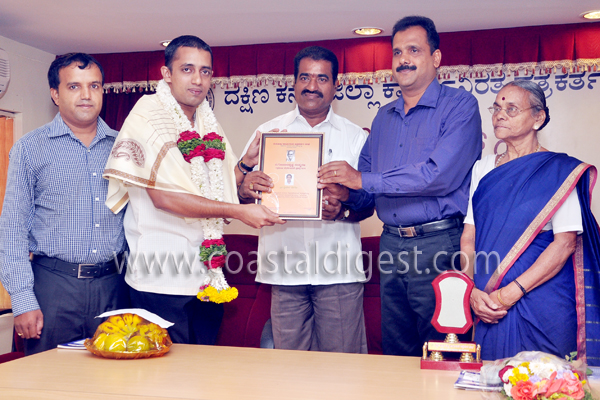
Mangalore, March 26: The Padyana Gopalkrishna award for meritorious rural journalism was conferred on Vijaya Karnataka reporter from Belthangady Steven Rego for his article titled 'Nandini Mayavaguva Munna' here on Monday.
His article was about the disappearing Nandini river and its impact on the environment. The award is instituted by the Dakshina Kannada Working Journalist' Union and has been sponsored by Dharmadhikari of Dharmastala Veerendra Heggade.
Umanath Kotian, president of Tulu Sahitya Academy was the chief guest and did the honours of presenting the award at a simple function at the Press Club.
Steven Rego was chosen for the award from a list of three articles. These three articles from various other reporters were shortlisted by the judges for the award. The judges for the award were Paramananda Salian, Nandagopal and Sachita Nandagopal. The award includes a cash prize of Rs 5001, a citation and a shawl.
Speaking on the occasion Mr. Kotian said, ”Journalism is a profession which brings about change and development to the society. Padyana Gopalkrishna was a man who showed how to influence the public through writing. He had laid down guidelines for the Journalists to emulate. He upheld the values of Truth in the profession. “If more articles of this type came out then a significant change can be brought about in the society,” he said.
One of the jury for the award Mr. Salian said,” We have selected Steven's article based on language and this must be an encouragement for other journalists. His article contained all the right facts and quotes from the right people and was well supported by statistics. The choice of the topic was also excellent.”
Another Jury Nandagopal , a former reporter of The Times Of India also informed the audience that, ”a Journalistic report will have many aspects of Literature and Journalism is Literature in a hurry.”
Special stories should have their own deadline. Instead of giving an award for the best article it is better to judge the Journalistic work by finding out the skills used by the reporter to get a story. This award must confine itself to the rural reporting.
Responding to the honour, Mr. Rego expressed his gratitude towards the jury and the Dakshina Kannada District Working Journalists Union for having acknowledged his work.
President of the Union Harish Rai welcomed the gathering. Office-bearers Srinivas Nayak Indaje, Ravindra Shetty were present.
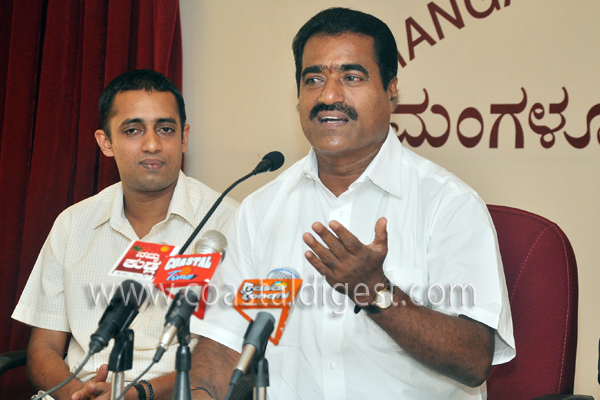
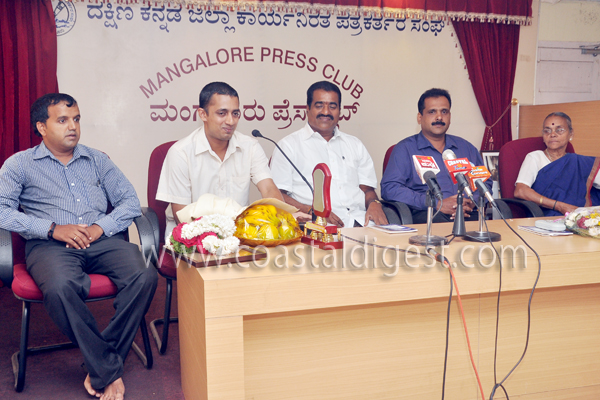
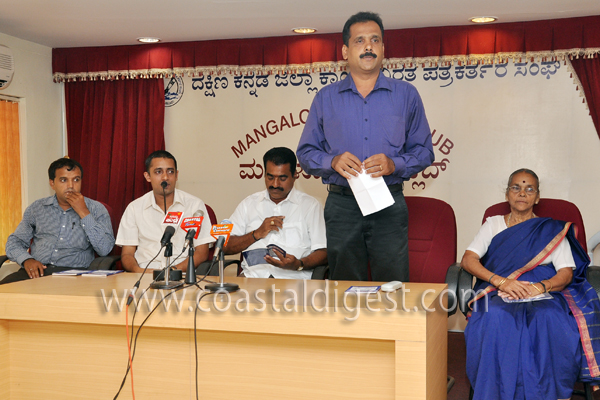
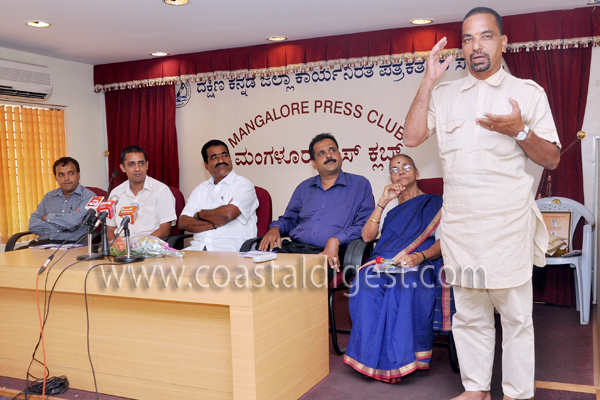
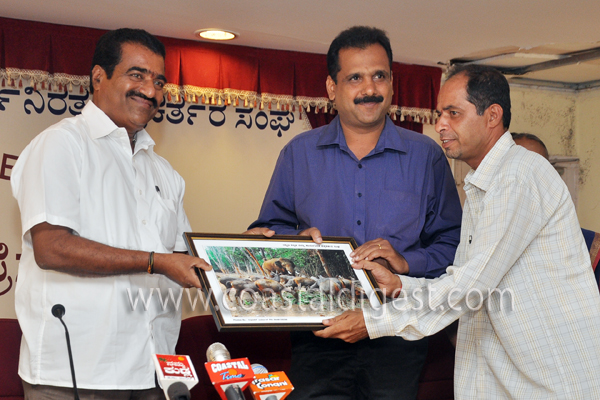
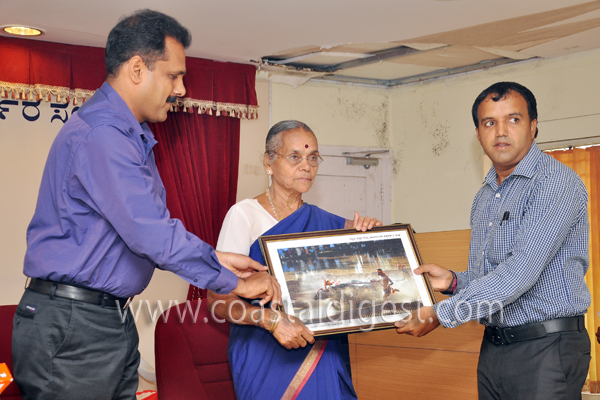
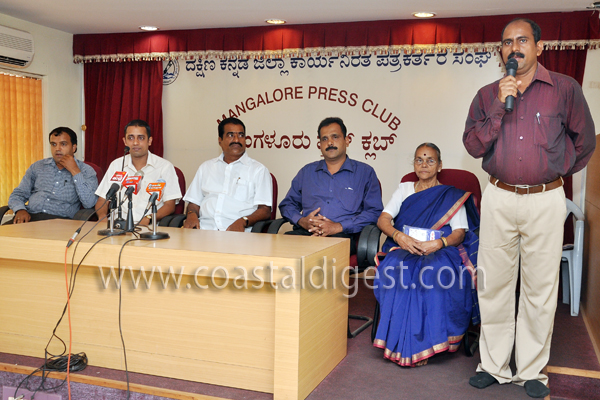
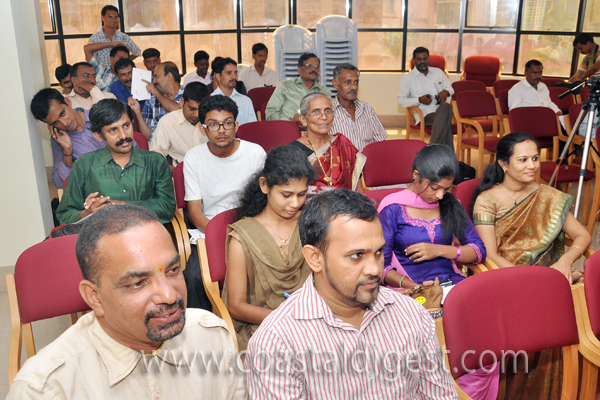
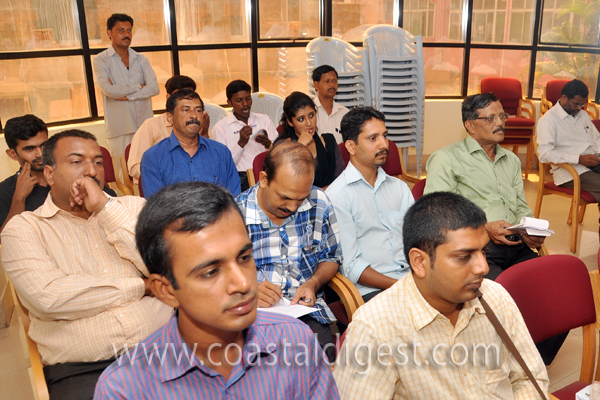






Comments
Add new comment